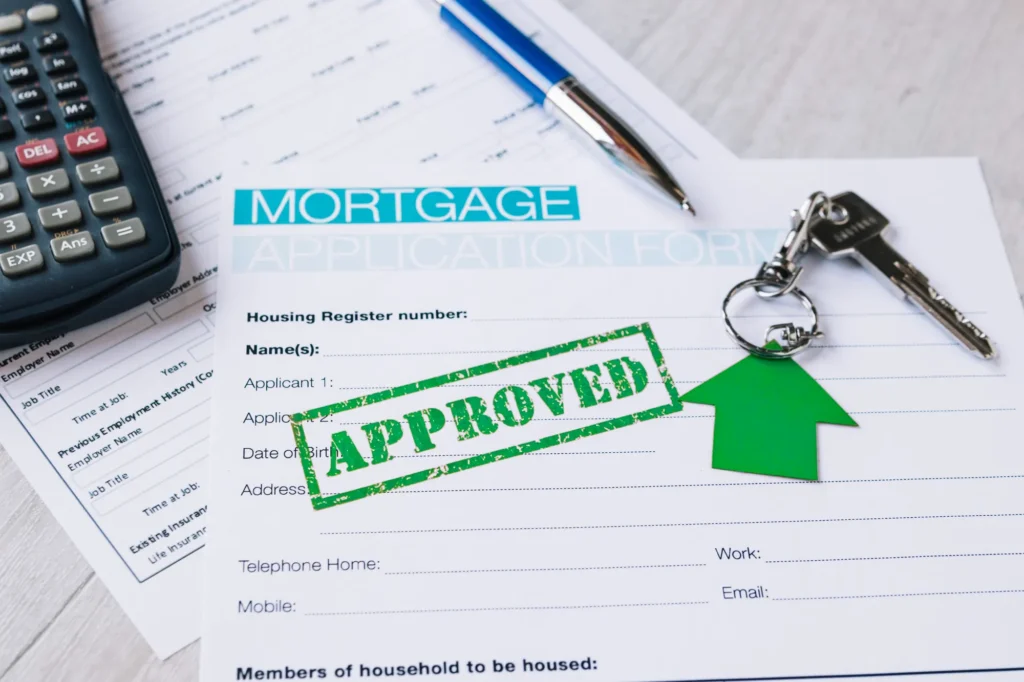Steps to Obtain a Mortgage in the Dominican Republic

Purchasing a property in the Dominican Republic has become increasingly attractive for both local and international buyers. Whether you’re buying a vacation home, investment property, or a primary residence, securing a mortgage is a viable option. Here’s a step-by-step guide to help you navigate the mortgage process in the Dominican Republic:
1. Understand Mortgage Availability
Mortgages are available to both Dominican citizens and foreigners. However, terms and requirements may differ slightly for non-residents. Many local banks — including Banco Popular, Banreservas, Scotiabank, and BHD León — offer financing options for property purchases.
2. Choose the Right Bank or Lender
Each bank offers different mortgage products, interest rates, and financing terms. It’s important to:
- Compare interest rates (fixed or variable).
- Understand the loan-to-value ratio (typically 70% for residents and 50%-60% for foreigners).
- Evaluate processing times and service quality.
3. Gather the Required Documents
Prepare all necessary documentation early to streamline the approval process. Commonly required documents include:
- Passport (or Dominican ID if applicable)
- Proof of income (salary letter, recent pay stubs, tax returns)
- Bank statements (usually last 3 to 6 months)
- Credit report (some banks may request a report from your home country)
- Employment verification letter (or business ownership documents for entrepreneurs)
- Pre-approval letter (if applicable)
Foreigners might also need to provide translated and apostilled versions of their documents.
4. Obtain a Pre-Approval (Optional but Recommended)
Getting pre-approved can:
- Give you a clearer understanding of your budget.
- Make you a more attractive buyer to sellers.
- Speed up the final loan approval process once you choose a property.
5. Choose the Property and Sign the Purchase Agreement
Once you find the right property, you will typically sign a Promise of Sale Agreement (‘Contrato de Promesa de Venta’) with the seller, and place a deposit (commonly around 10% of the purchase price).
Make sure that the agreement includes a clause allowing you to withdraw in case your mortgage loan is not approved.
6. Finalize the Mortgage Application
Submit the official mortgage application to the bank, along with all required documentation. The bank will:
- Appraise the property.
- Verify your financial information.
- Conduct legal checks on the property title.
Approval times can vary but generally range from 30 to 60 days.
7. Closing the Deal
Once the mortgage is approved:
- The final sales contract (‘Contrato de Venta’) is signed.
- The mortgage deed is signed simultaneously.
- The buyer pays closing costs, which typically include legal fees, title transfer taxes (around 3% of the property’s value if not exempt under CONFOTUR), and bank-related fees.
The property title will then be transferred and registered in the buyer’s name, with the mortgage duly noted.
Final Recommendations
- Work with experienced local professionals: A reputable attorney will protect your interests throughout the process.
- Budget for closing costs: They usually range from 5% to 7% of the property’s purchase price.
- Understand your obligations: Mortgage rates, insurance requirements, and payment structures may differ from those in your home country.
- Consider working with smaller banks: While major banks like Banco Popular and Banreservas are reliable, they often involve longer approval times and more bureaucracy. Smaller or private banks may offer faster processing and more personalized service.
- Work with a mortgage facilitator: It is highly recommended to work with a professional who specializes in securing mortgage approvals. Navigating the Dominican banking system can be lengthy and bureaucratic; having a well-connected facilitator with direct relationships across multiple banks can significantly speed up the process. While they typically charge a fee, this service is often well worth the investment. Not only do they streamline the process — saving you weeks of visits, paperwork, and negotiations — but they also help you compare different banks’ interest rates and secure the best terms, all within a few days instead of several weeks.
Financing your dream property in the Dominican Republic is absolutely achievable with the right preparation, the right guidance, and the right partners by your side.

